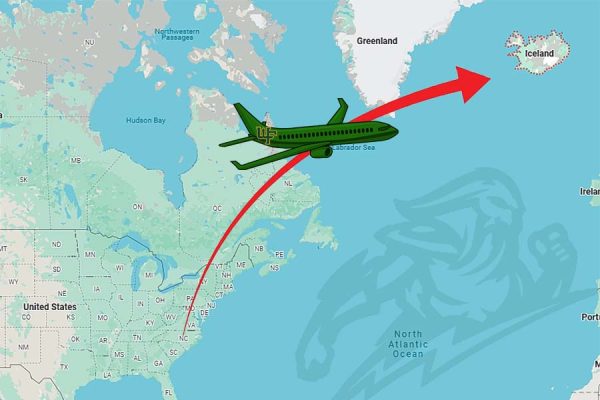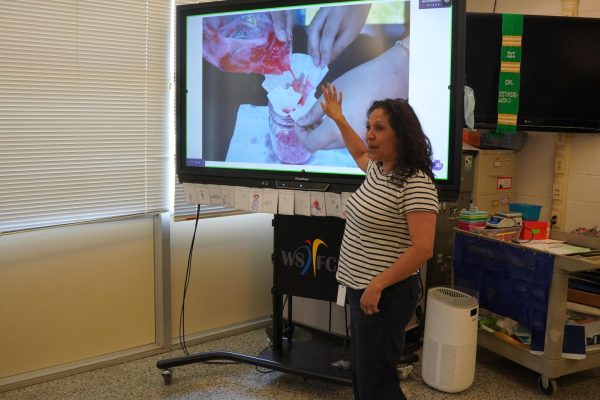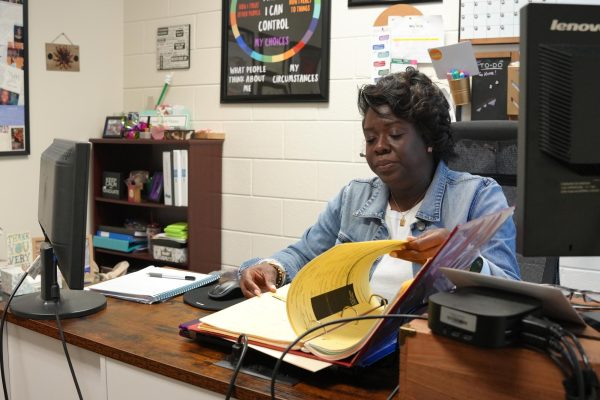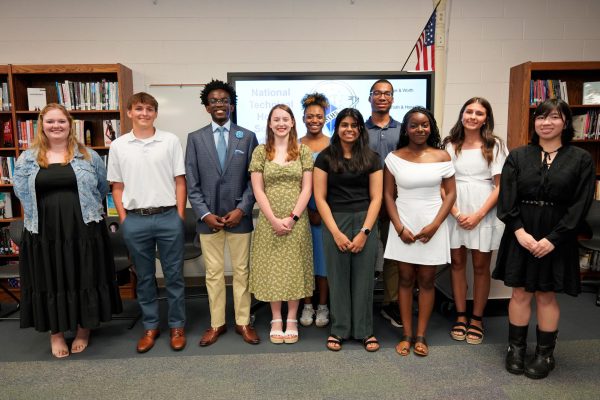Friendsgiving is Thanksgiving without the drama

In recent years, Friendsgiving celebrations have risen in popularity. The term first appeared in a 2007 tweet.
Thanksgiving is notorious for the breakdown of family relations. Politics, religion and relationship status are the downfalls of the holiday, but with Friendsgiving, good friends and good food are all it takes to make it a success.
It is assumed by many that the origins of the term Friendsgiving comes from a 1994 Thanksgiving episode of Friends, when no one can go home for Thanksgiving, so instead, they decide to have their own celebration. However, Friendsgiving is never mentioned in the episode. The first record of the word appearing is in a 2007 tweet, according to Merriam Webster Dictionary. The term didn’t become prevalent until 2011 when Bailey’s Irish Cream had an ad campaign focusing on Friendsgiving.
At first, Friendsgiving was mainly practiced as a substitute for the real thing in major urban areas where people couldn’t travel home. In recent years that has shifted with many people now participating in both celebrations.
“I celebrate Friendsgiving because I am thankful for my friends and that is my way of showing them,” senior Cara Chilson said.
The best part of Thanksgiving is the food, which thankfully, can be eaten any day. Home cooking is not something usually shared with friends, so Friendsgiving offers an opportunity to commune with some of your favorite people for an experience you otherwise wouldn’t get. From a traditional pumpkin pie to turkey sandwiches, there is no right way to do Friendsgiving, and that’s what makes it special.

Averie King is a senior Features editor for the Zephyr. This is her third year in staff, having previously written for news. King is also President of...

Kelly Kendall has been working for the Zephyr staff since her sophomore year as an opinion writer, typically writing about current events or controversial...










